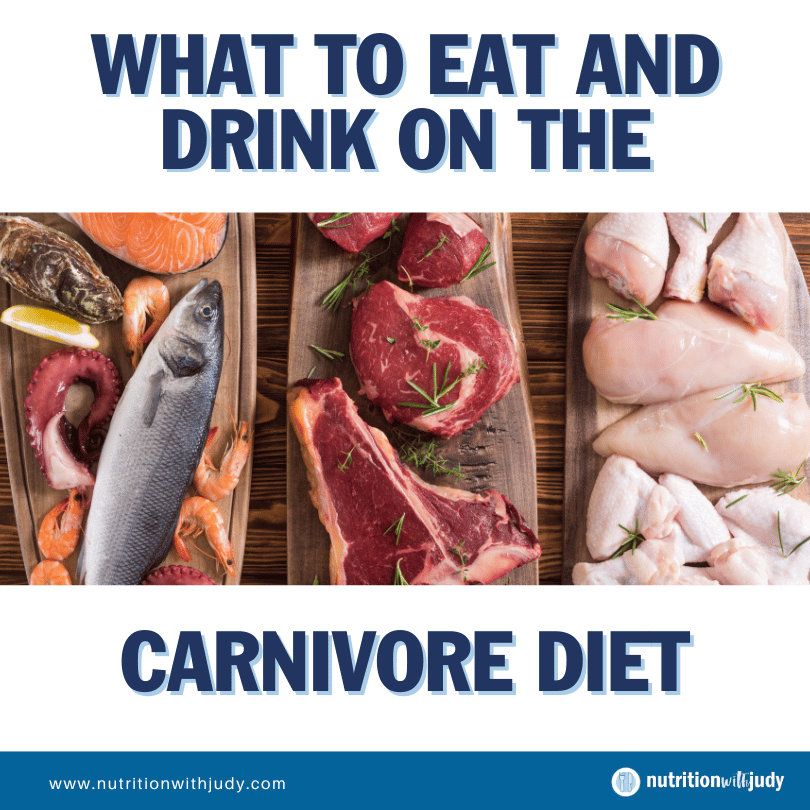

What to Eat and Drink On the Carnivore Diet


Starting the carnivore diet presents a unique approach to optimal health, tailored to individual needs and health goals. Recognizing the myriad variations of this diet is crucial, as each person’s dietary needs and preferences dictate their specific path within the carnivore framework.
What one chooses to eat on this diet can vary widely, from strict adherence to only animal products to a more lenient inclusion of certain dairy or eggs, depending on one’s health objectives and how their body responds. Beverages, too, are a matter of personal choice and health goals, with some opting for water and bone broth, while others might include coffee or tea.
This diet’s adaptability to personal health goals underscores its appeal, offering a customized pathway to healing and wellness that respects individual bodies’ unique responses to different foods. Let’s take a closer look at what you can eat and drink on a carnivore diet.
What Is the Carnivore Diet?
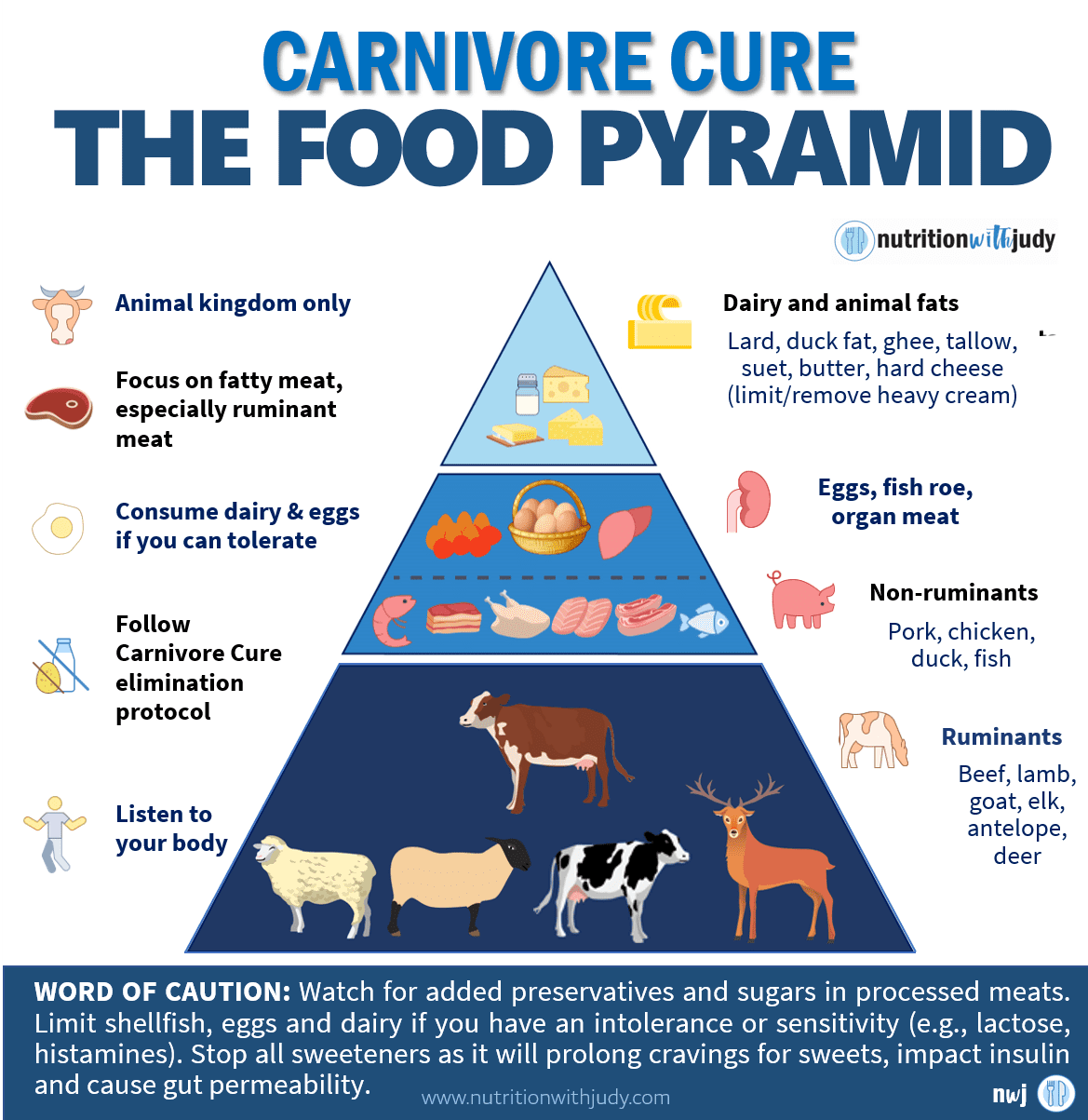

The carnivore diet centers on consuming exclusively animal products—meat, fish, eggs, and limited dairy—eschewing all plant-based foods. This dietary approach prioritizes high protein and fat while eliminating carbohydrates, offering benefits such as enhanced gut health, weight loss, and diminished inflammation.
Unlike ketogenic and other low-carb diets, the carnivore diet is a true zero-carb or nearly zero-carb approach. This way of eating includes many variations for individuals to choose from depending on their tolerances and wellness goals.
What Are the Benefits of the Carnivore Diet?
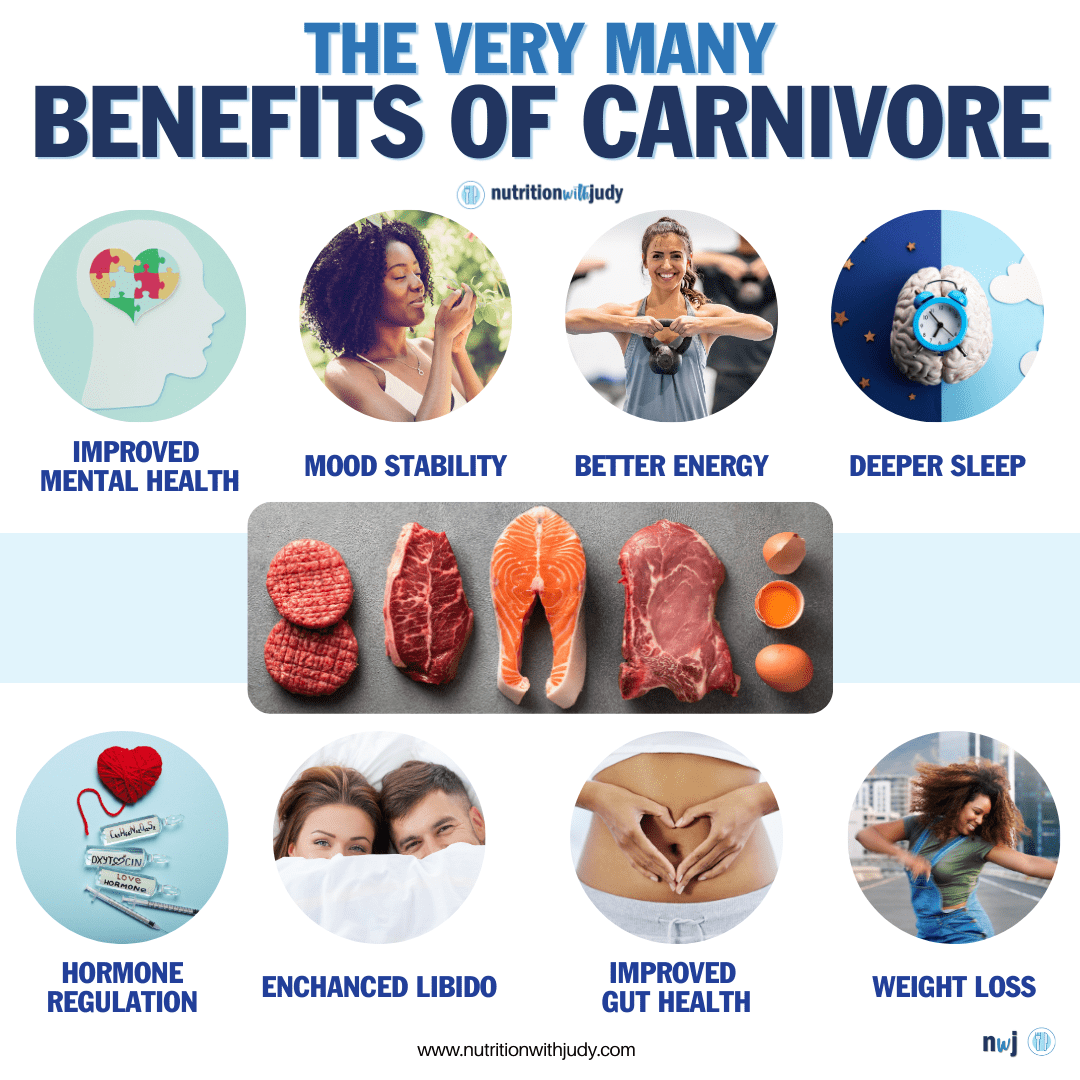

The carnivore diet offers a comprehensive approach to health, touching on nearly every system and physiological function within the body. Its proponents highlight an array of benefits, from enhanced metabolic health and improved digestion to reduced inflammation and autoimmune remission.
By simplifying dietary choices to meat, fish, eggs, and select dairy, this diet aims to align with the body’s natural processes, reducing the burden of chronic diseases and aligning with evolutionary nutritional practices. The carnivore diet can lead to significant improvements in both physical and mental health, suggesting its potential to revolutionize personal health and wellness.
As interest grows, the carnivore diet presents a fascinating study of the power of dietary intervention across the body’s intricate systems.
Who Should Try the Carnivore Diet?
The carnivore diet is particularly appealing to those dealing with specific health concerns such as autoimmune conditions, digestive problems, and metabolic syndrome, where conventional diets may not have yielded the desired outcomes. Its simplicity and the elimination of potential dietary irritants make it a compelling option for people seeking a dietary overhaul.
This diet draws individuals across a wide age range and various backgrounds, driven by its straightforward approach and the numerous anecdotal success stories shared within communities. It caters to the young looking to enhance physical performance and body composition, as well as the elderly aiming to alleviate symptoms of chronic diseases.
The diet’s popularity also stems from a growing interest in ancestral health principles and a critical reevaluation of long-standing dietary guidelines. Its inclusive appeal lies in its potential to significantly improve quality of life, offering a dietary strategy that prioritizes whole, nutrient-dense foods over processed alternatives, resonating with those advocating for a return to more natural, simplistic eating habits.
The Beef-Only Carnivore Diet
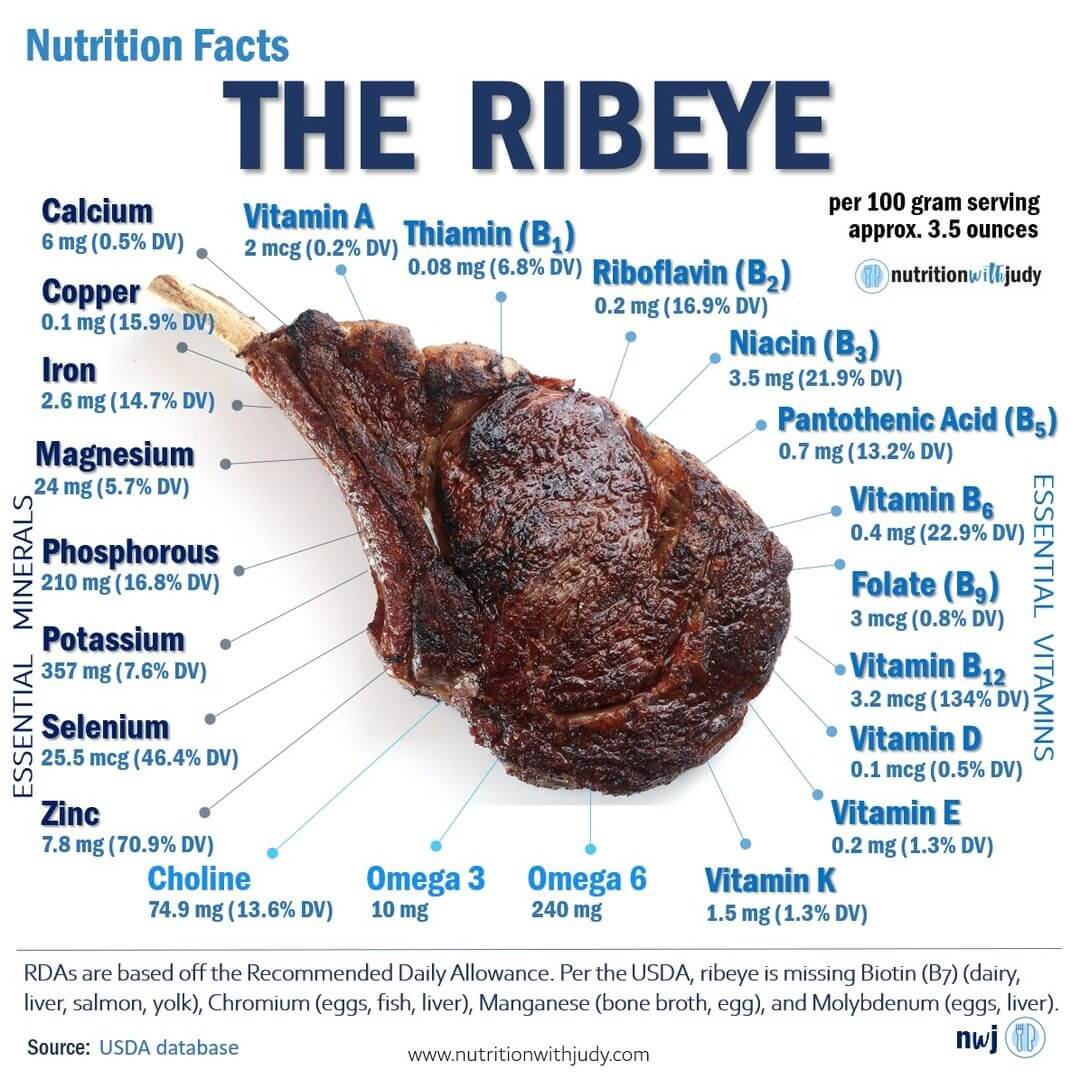

The beef-only carnivore diet is an ultra-restrictive version of the carnivore diet, focusing exclusively on beef, salt, and water. This diet is designed as the ultimate elimination diet, suitable for individuals with severe food sensitivities or intolerances. By consuming only these three items, it acts as a diagnostic tool, helping to identify dietary triggers and alleviate symptoms associated with various health issues, such as autoimmune disorders and digestive problems.
It simplifies eating to its most basic form, potentially leading to improved health outcomes for those who have struggled with complex dietary issues. Beef-only isn’t ideal long-term. We often recommend this as a temporary short-term convention for identifying food sensitivities, supporting chronic illness, and so on.
The Lion Diet
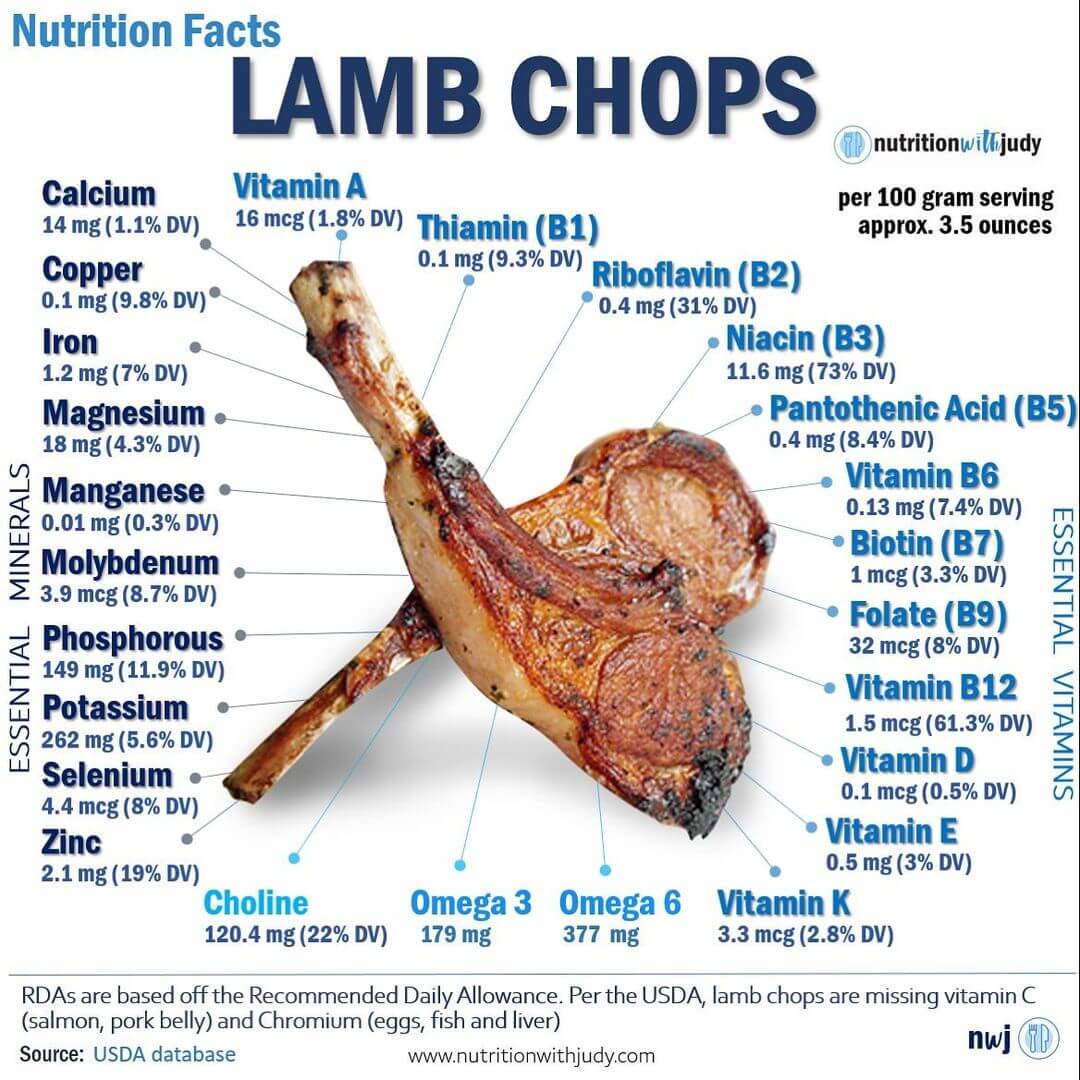

The lion diet is another restrictive elimination diet designed for individuals with severe dietary sensitivities, focusing strictly on ruminant meats, salt, and water. This diet aims to minimize food-related reactions by eliminating potential allergens and irritants from the diet. Ruminant meats, such as beef, lamb, goat, bison, and venison, are selected for their high nutrient content and digestibility.
The simplicity of the lion diet facilitates the identification of food intolerances and promotes gut health, potentially leading to significant improvements in various health conditions. It’s also considered as a great elimination diet, offering a dietary reset for those who have not achieved desired health outcomes through other interventions. While many people do well on the lion diet long term, our aim is always to get to root-cause healing so people can expand their diet.
The Nose-to-Tail Carnivore Diet
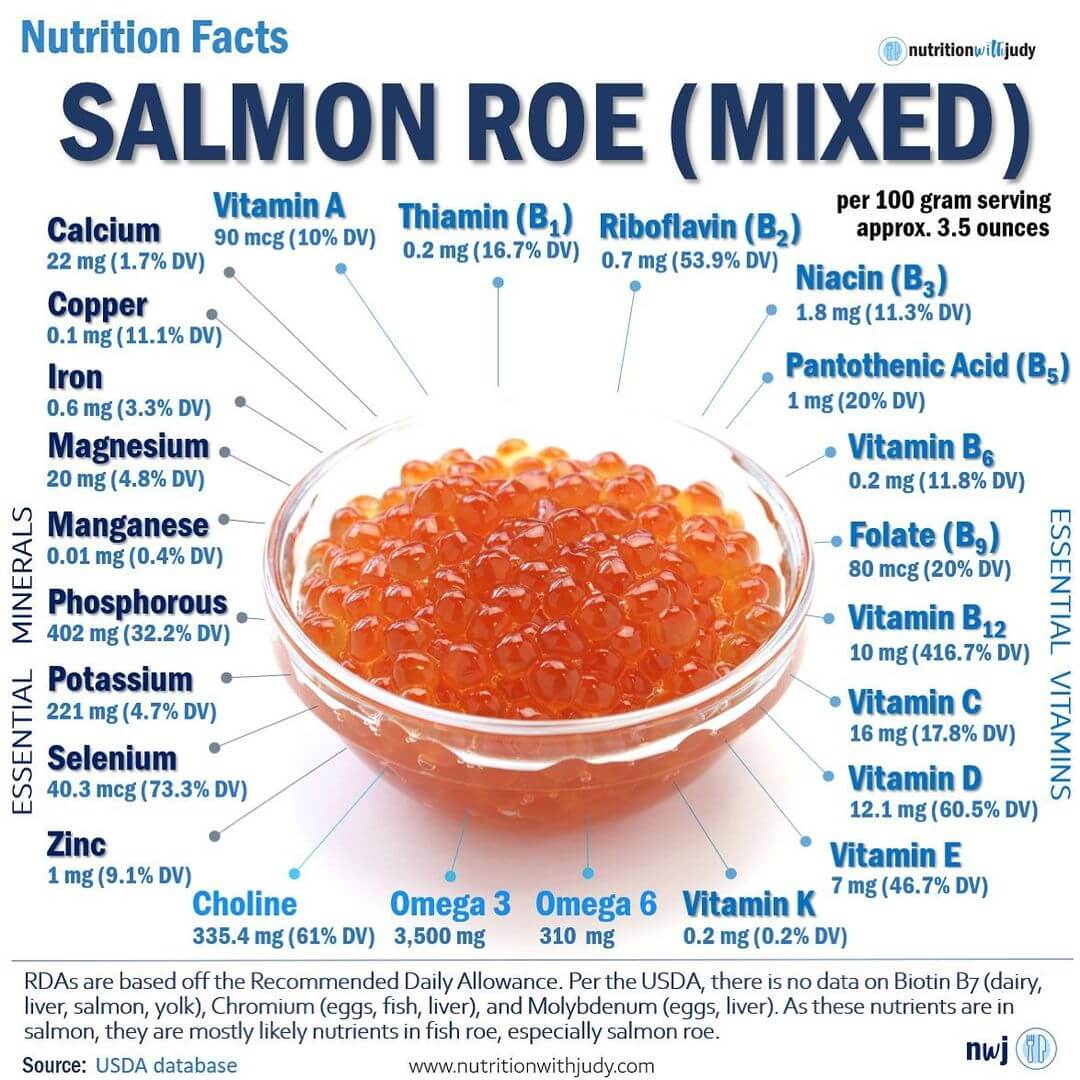

The nose-to-tail carnivore diet is an inclusive approach to carnivory that advocates for consuming the entire animal, from nose to tail, encompassing organ meats alongside muscle meats. This diet underscores the nutritional wealth found in parts of the animal often overlooked in modern diets, such as the liver, kidneys, heart, and other organs, which are rich in essential nutrients not as prevalent in muscle meats.
While it champions a sustainable and respectful use of animal resources, it also advises caution, especially with organ meats such as liver and kidneys. These organs are packed with vitamin A, which, although beneficial, can lead to vitamin toxicity if consumed in large quantities without proper balance.
The diet encourages a nuanced understanding of nutrition, advising individuals to learn the specific nutritional profiles of these organs to incorporate them safely into their diet. We generally only recommend organs for individuals if they enjoy eating them and for supporting specific nutritional deficiencies or medical conditions. It’s best to eat organs in proportion to the animal to avoid overconsumption.
The Meat-Only Carnivore Diet
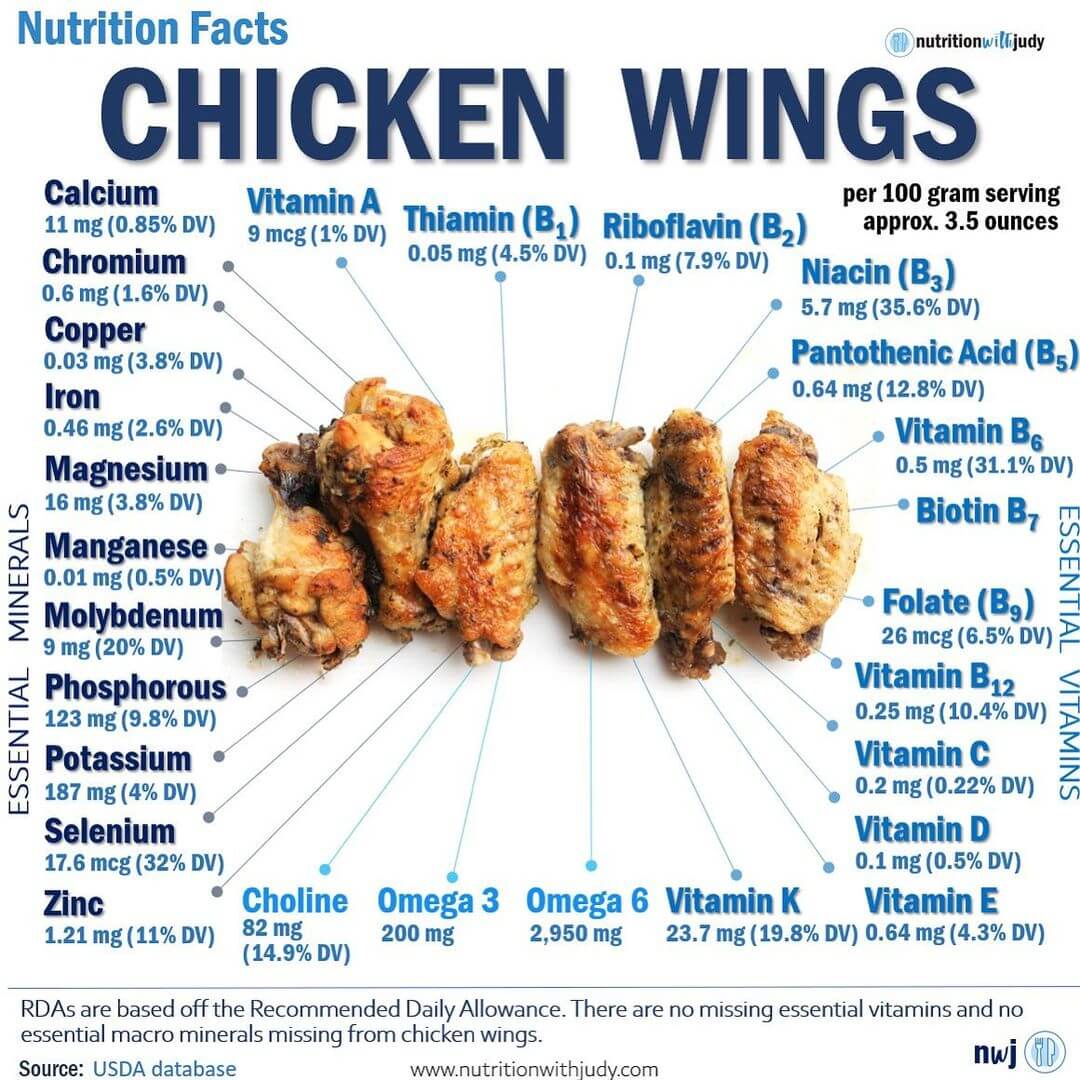

The meat-only carnivore diet is an elimination diet focusing exclusively on muscle meats from various animals, excluding all organ meats, dairy, eggs, and plant-based foods. This approach simplifies dietary choices, centering on the consumption of beef, chicken, pork, and fish as primary food sources.
Adherents to this diet may opt to include or exclude seasonings based on personal preference and dietary goals, allowing for some degree of customization within the strict confines of the diet. Beverages are typically limited to water, though some individuals may choose to incorporate other drinks.
This diet variation appeals to those seeking to reduce dietary complexity and eliminate potential allergens or irritants found in more diverse food selections. For individuals who tolerate all muscle meat varieties, this is a great place to start and can offer powerful healing such as the previous diet variations mentioned.
The Zero-Carb Carnivore Diet
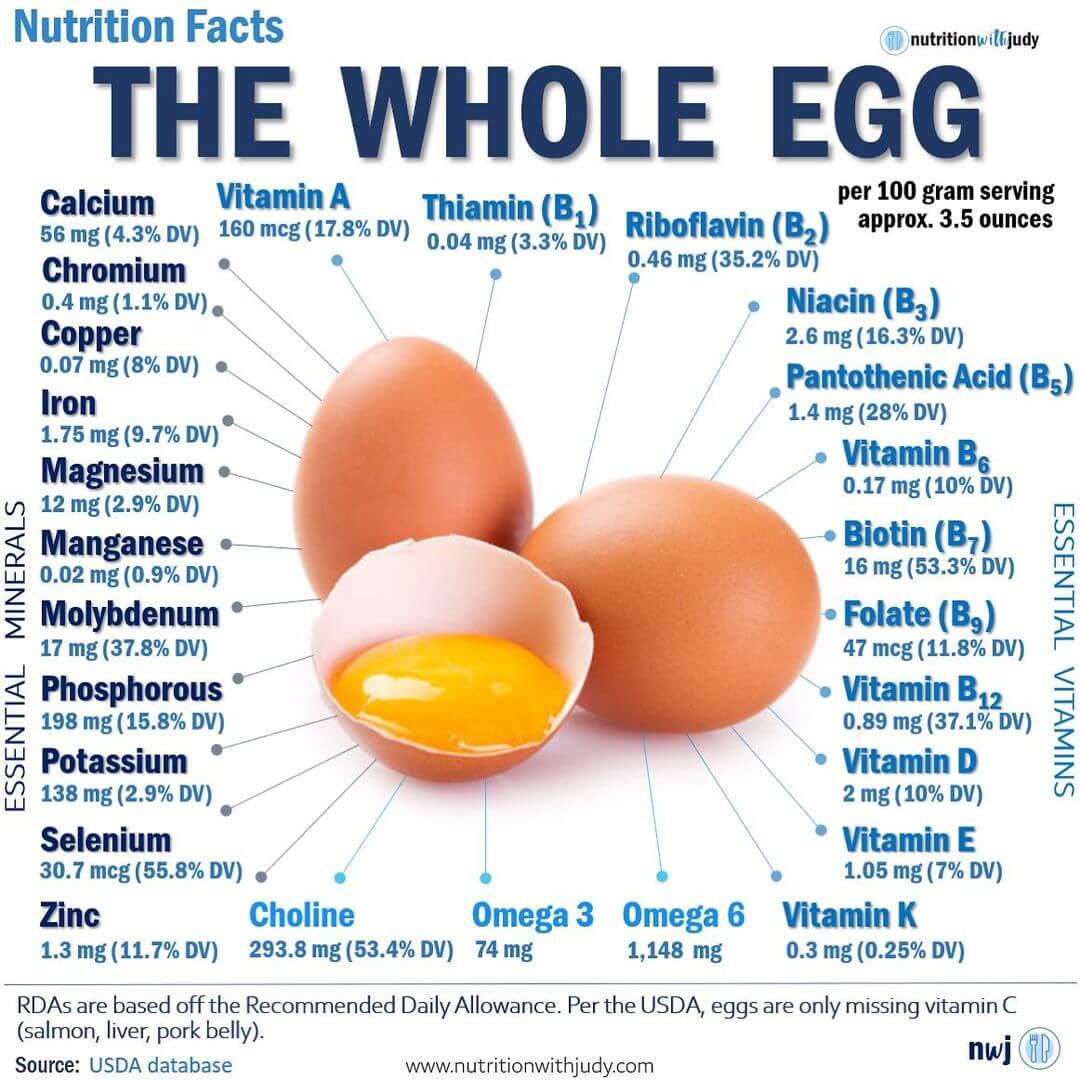

The zero-carb carnivore diet is a specialized approach focusing on consuming exclusively animal-based products that inherently contain no carbohydrates. This diet includes a wide range of muscle meats from animals such as beef, poultry, pork, and fish, alongside dairy products such as cheese and butter, and eggs, providing a broad spectrum of nutritional benefits. It deliberately excludes organ meats. While eggs and dairy technically contain minimal carbs, this way of eating is nearly zero-carb.
Participants have the liberty to use seasonings and consume beverages beyond water, allowing for dietary customization based on personal taste preferences and nutritional goals. This dietary variation appeals to individuals with a bit more food tolerability and metabolic flexibility. It still lends healing benefits such as improved metabolic health, weight management, or achieving or maintaing ketosis for enhanced energy and cognitive function.
The Carnivore Keto Diet
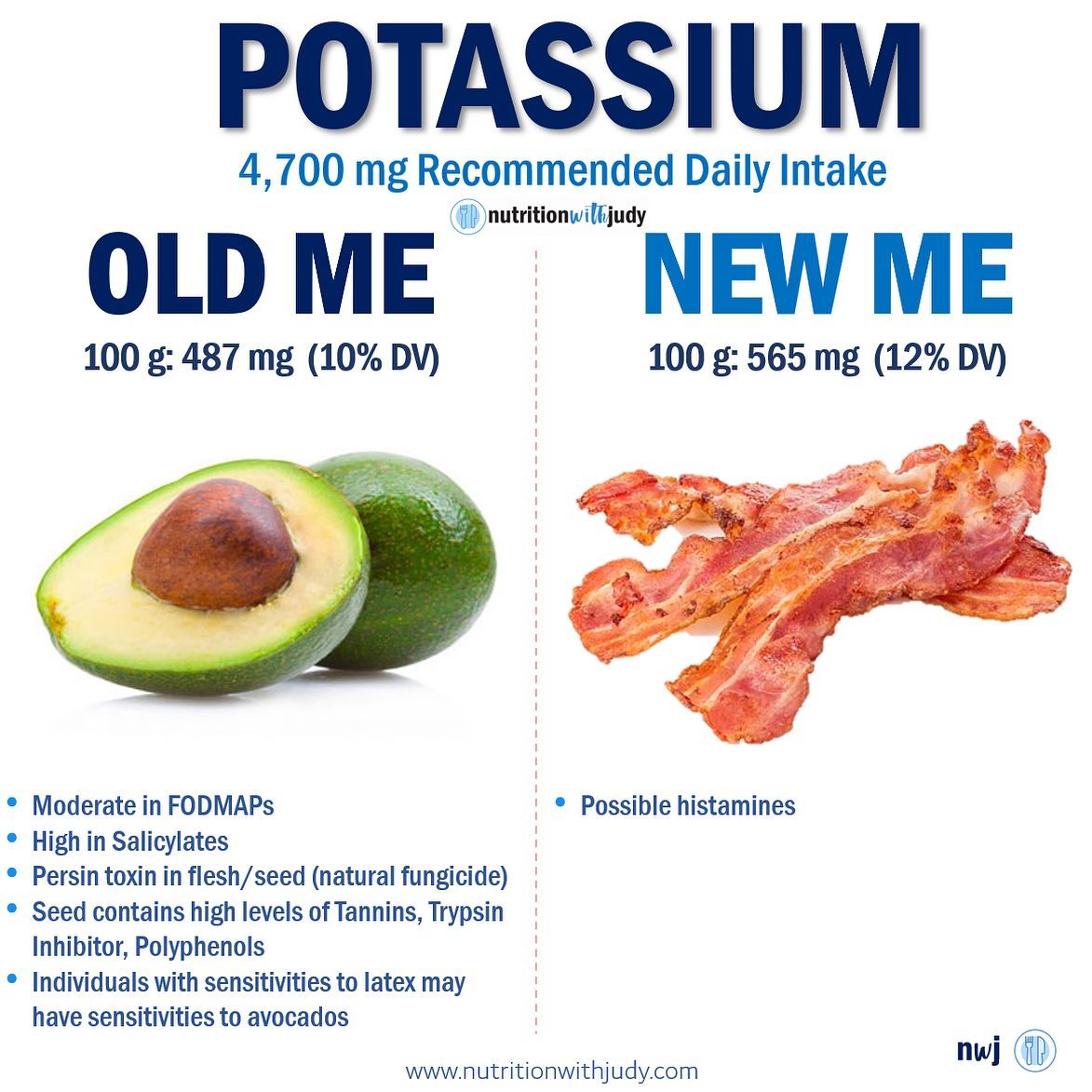

The carnivore keto diet is a hybrid approach that combines the principles of the carnivore diet with the ketogenic diet, allowing for the consumption of animal-based foods alongside select low-carb, low-toxicity plant foods. Participants on this diet have the flexibility to include any foods from the animal kingdom, such as meat, fish, poultry, eggs, and dairy products, while also incorporating plant foods that are lower in carbohydrates and considered less toxic in terms of plant anti-nutrients. These plant foods typically include avocados, cucumbers, and so on.
The carnivore keto diet emphasizes the avoidance of high-carbohydrate foods and those with potentially harmful plant compounds, focusing instead on nutrient-dense animal-based and low-carb plant foods. Seasonings and beverages other than water may be included based on personal preference and dietary goals, offering some degree of flexibility within the diet framework.
This dietary approach aims to promote ketosis, a metabolic state characterized by the production of ketones from fat breakdown, which can lead to improved energy levels, mental clarity, and weight management. By combining elements of both the carnivore and ketogenic diets, individuals on the carnivore keto diet seek to optimize their nutritional intake while maintaining metabolic health and overall well-being.
This variation is often recommended for individuals who’ve completed a certain amount of healing and can tolerate the inclusion of certain plant foods.
The Carnivore-ish Keto Diet
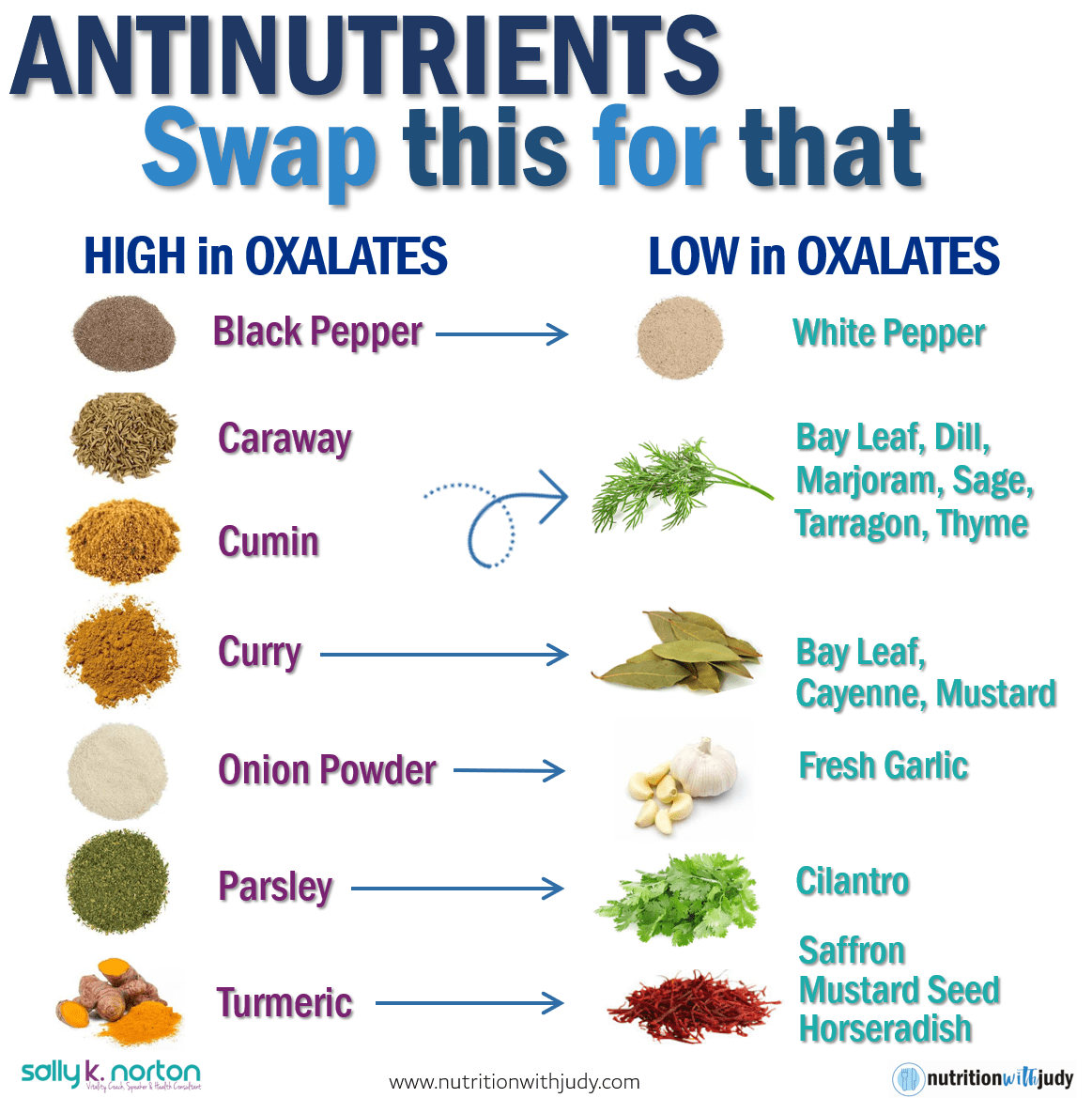

The carnivore-ish keto diet combines elements of both the carnivore and ketogenic diets, allowing for a wider range of food options than strict carnivory. Participants on this diet can consume foods from the animal kingdom, including meat, fish, poultry, eggs, and dairy products, alongside low-carb plant foods. Additionally, keto favorites such as nut products and sweetener alternatives are permitted in moderation. This approach provides flexibility while still emphasizing low-carbohydrate intake to promote ketosis, a metabolic state characterized by increased fat-burning for energy.
Unlike the strict carnivore diet, seasonings other than salt and beverages other than water are commonly used on the carnivore-ish keto diet, allowing for a more varied and flavorful eating experience. This dietary variation appeals to individuals seeking the metabolic benefits of ketosis while also enjoying a wider range of food choices and flavors.
By combining the principles of both the carnivore and ketogenic diets, the carnivore-ish keto diet offers a customizable approach to achieving health and wellness goals while still maintaining a focus on low-carbohydrate, nutrient-dense foods. We recommend this variation for individuals who have healed, are now metabolically flexible, and don’t struggle with any food addiction issues.
Beverages On the Carnivore Diet
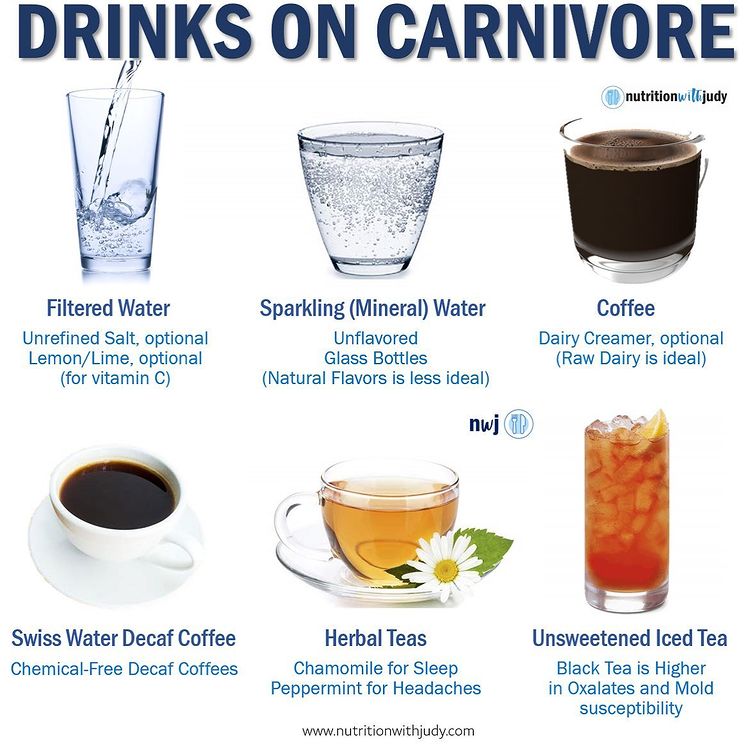

On the carnivore diet, beverages are chosen with a focus on simplicity and adherence to the diet’s principles, with water being the cornerstone of hydration. Initially, it’s recommended to consume water exclusively to fully gain a baseline of health while assisting in healing.
However, many adherents find that including coffee and tea in their regimen allows for a semblance of variety and enjoyment without deviating significantly from the diet’s goals. These beverages, appreciated for their minimal impact on the diet’s macronutrient profile, can offer antioxidant benefits and a comforting ritual without introducing carbs or sugars. Individuals with mold sensitivities or small intestinal fungal overgrowth (SIFO), may need to avoid coffee and tea as they can be prone to mold.
Additionally, some individuals on the carnivore diet may opt to include sugar-free and calorie-free drinks, such as flavored sparkling waters or zero-calorie sodas, to add variety to their liquid intake. The inclusion of these beverages is often contingent upon personal health goals and dietary tolerances.
While they can provide a psychological boost by breaking the monotony of water consumption, it’s important for each person to assess how these additions fit into their overall health objectives and whether they align with their body’s responses to maintaining optimal health on a carnivore diet.
Closing Thoughts On What You Can Eat and Drink On the Carnivore Diet
The carnivore diet emphasizes the consumption of animal-based foods while excluding all plant-based foods. This diet allows for the consumption of a variety of animal products, including beef, poultry, pork, fish, and other meats, along with animal-derived products such as eggs and certain dairy products. However, organ meats are typically omitted in some variations of the diet.
In terms of beverages, water is the primary recommendation for hydration on the carnivore diet. While some individuals choose to consume only water to adhere strictly to the diet’s principles, others may include coffee and tea, particularly in the form of black coffee or herbal tea, as these beverages have minimal impact on the diet’s macronutrient profile. Additionally, some adherents may incorporate sugar-free and calorie-free drinks, such as flavored sparkling water or zero-calorie sodas, into their regimen for variety and enjoyment.
Overall, the carnivore diet offers a simple and straightforward approach to nutrition, focusing on animal-based foods while minimizing or eliminating plant-based foods and processed products. The diet’s flexibility in beverage choices allows for some customization based on personal preferences and health goals while still maintaining the core principles of carnivory.
Work With Our Trusted Carnivore Diet Functional Nutritional Therapy Practitioners
The Nutrition with Judy practice is honored to be a trusted carnivore diet practitioner support serving clients from around the globe. We’re passionate about helping our clients achieve root-cause healing in order to lead the best quality of life possible that’s nearly symptom-free. Our team is dedicated to helping individuals find the right carnivore diet variation for their specific health goals. We welcome you to explore our free resources and are always available to support you through personalized protocols. Our Symptom Burden Assessment (SBA) is the perfect starting point for discovering your root cause and is required to work with our team— you can learn more in-depth about this powerful tool here.
Start your root-cause healing journey today and contact us any time with any questions or concerns.
DISCLAIMER: This content is for educational purposes only. While we are board-certified in holistic nutrition and are nutritional therapy practitioners, we are not providing medical advice. Whenever you start a new diet or protocol, always consult with your trusted practitioner first.





